
Glutaraldehyde, sold under the brandname Cidex and Glutaral among others, is a disinfectant and medication. As a disinfectant it is used to sterilize surgical instruments and other areas of hospitals.As a medication it is used to treat warts on the bottom of the feet. Glutaraldehyde is applied as a liquid. Side effects include skin irritation.If exposed to large amounts, nausea, headache, and shortness of breath may occur.Protective equipment is recommended when used. Glutaraldehyde is effective against a range of microorganisms including spores.It works by a number of mechanisms. Glutaraldehyde came into medical use in the 1960s. It is on the World Health Organization’s List of Essential Medicines, the most effective and safe medicines needed in a health system. The wholesale cost in the developing world is about US$1.50–7.40 per liter of 2% solution. There are a number of other commercial uses such as leather tanning. 
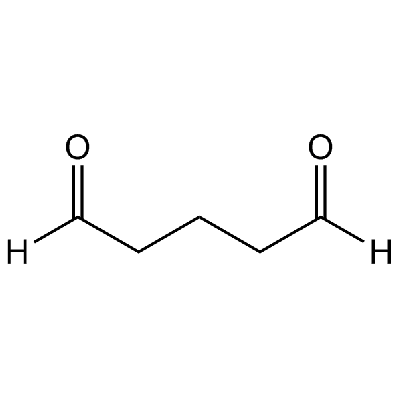
Uses
Disinfection
Glutaraldehyde is used as a disinfectant and medication.
Usually applied as a solution, it is used to sterilize surgical instruments and other areas.
Fixative
Glutaraldehyde is used in biochemistry applications as an amine-reactive homobifunctional crosslinker and fixative prior to SDS-PAGE, staining, or electron microscopy . It kills cells quickly by crosslinking their proteins. It is usually employed alone or mixed with formaldehyde as the first of two fixative processes to stabilize specimens such as bacteria, plant material, and human cells. A second fixative procedure uses osmium tetroxide to crosslink and stabilize cell and organelle membrane lipids. Fixation is usually followed by dehydration of the tissue in ethanol or acetone, followed by embedding in an epoxy resin or acrylic resin.
Another application for treatment of proteins with glutaraldehyde is the inactivation of bacterial toxins to generate toxoid vaccines, e.g., the pertussis(whooping cough) toxoid component in the Boostrix Tdap vaccine produced by GlsxoSmith Kline.
In a related application, glutaraldehyde is sometimes employed in the tanning of leather and in embalming.
Wart treatment
As a medication it is used to treat warts on the bottom of the feet. For this purpose, a 10% w/w solution is used. It dries the skin, facilitating physical removal of the wart. Trade names include Diswart Solution and Glutarol.
History and culture
Glutaraldehyde came into medical use in the 1960s. It is on the World Health Organization’s List of Essential Medicines, the most effective and safe medicines needed in a health system.[8] The wholesale cost in the developing world is about US$1.50 7.40 per liter of 2% solution.[9] There are a number of other commercial uses such as leather tanning. A glutaraldehyde solution of 0.1% to 1.0% concentration may be used as a biocide for system disinfection and as a preservative for long-term storage. It is a sterilant, killing endospores in addition to many microorganisms and viruses. As a biocide, glutaraldehyde is a component of hydraulic fracturing (“fracking”) fluid. It is included in the additive called Alpha 1427. Bacterial growth impairs extraction of oil and gas from these wells. Glutaraldehyde is pumped as a component of the fracturing fluid to inhibit microbial growth
Technical index
|
Item
|
Index
|
|
top grade(medical grade)
|
industrial grade
|
|
Appearance
|
colorless liquid
|
colorless or light yellow transparent liquid
|
|
Mass fraction, %
|
50.0-51.5
|
|
PH range
|
3.1-4.5
|
|
Chromaticity, Hazen
|
≤50
|
≤100
|
|
Densityρ20℃, g/mL
|
1.127-1.133
|
1.11-1.13
|
|
Methyl alcohol, %
|
≤0.5
|
≤5.0
|







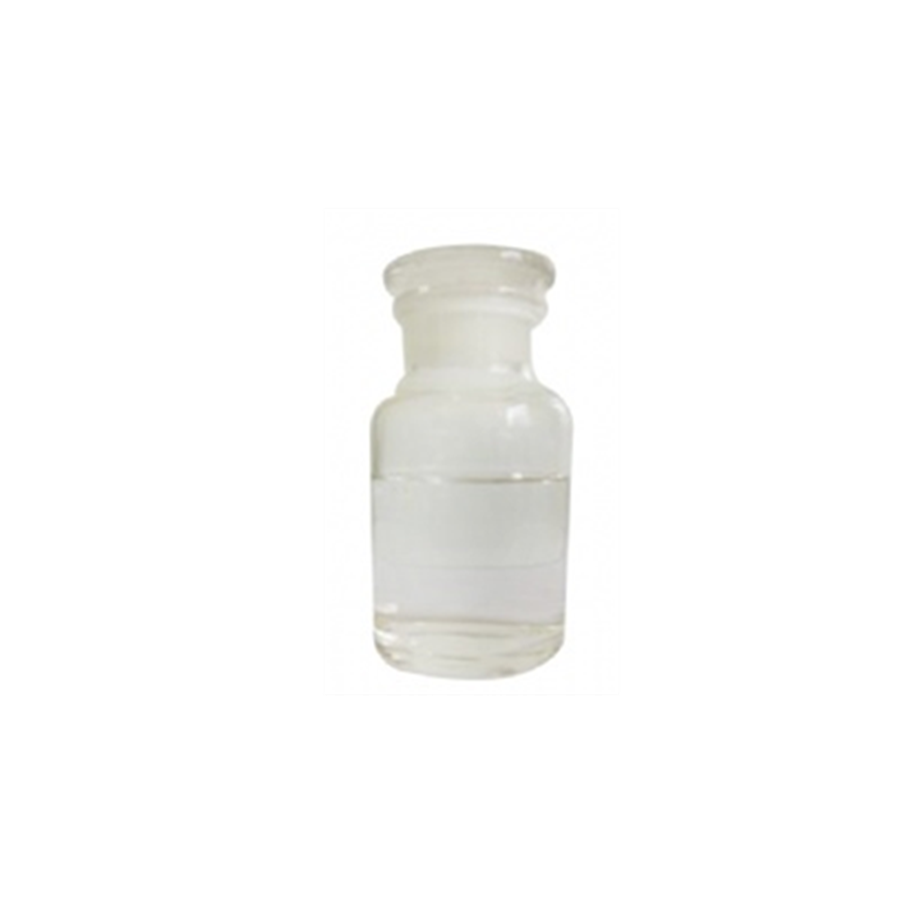




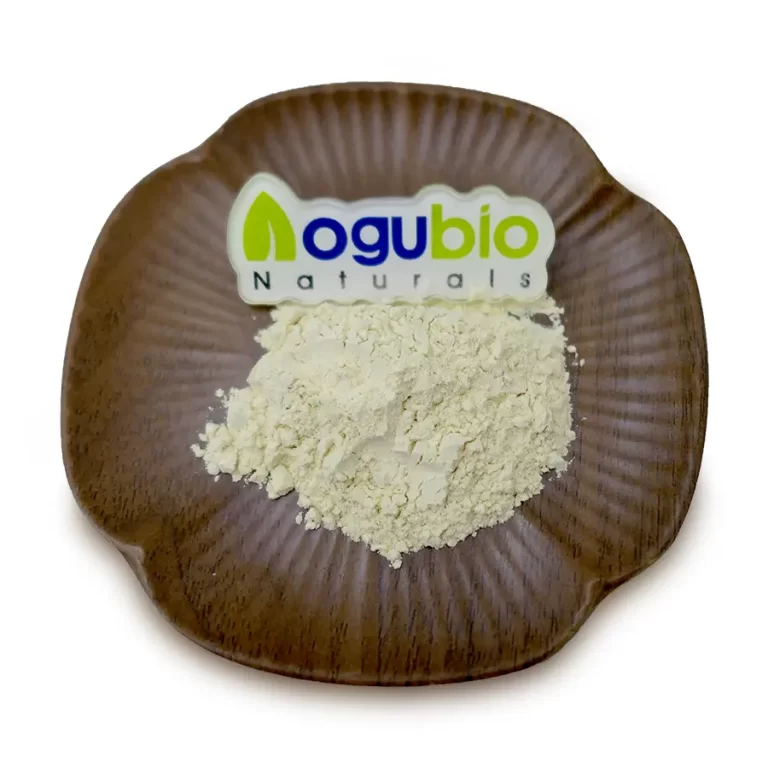
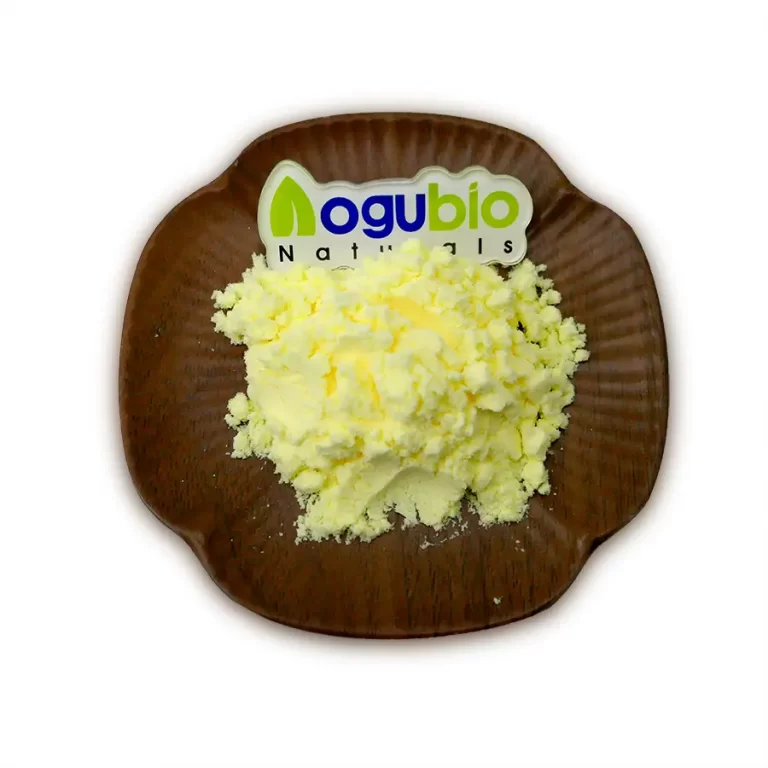
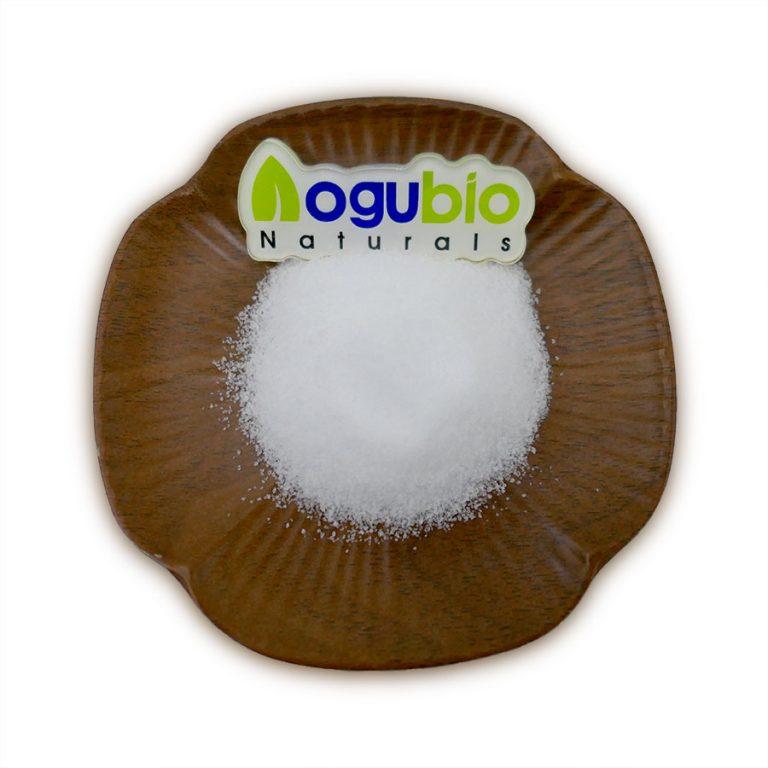

 skype
skype Sales Manager
Sales Manager Rebekah
Rebekah Rachel
Rachel Miranda
Miranda Camilla
Camilla
 Sales Manager
Sales Manager